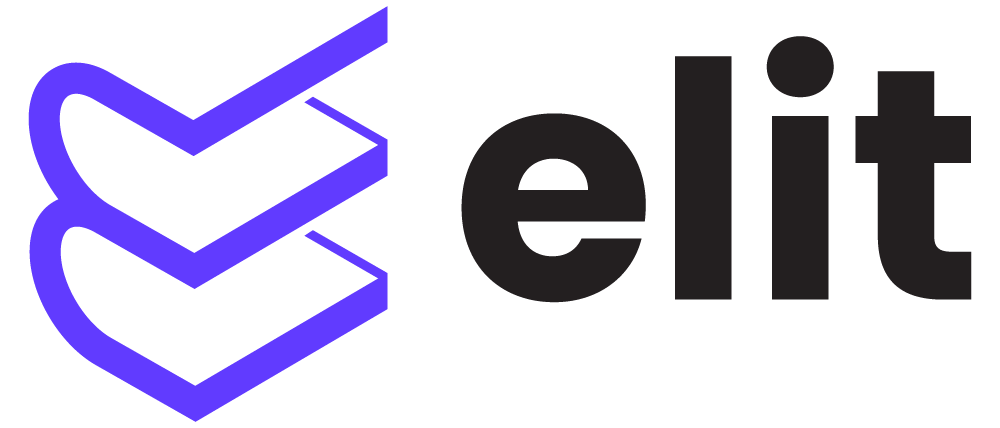ELIT organizes three training schools obligatory for all ESRs enrolled in the project. Basically, the training schools provide all ESRs with the common knowledge base required to understand relevant papers, presentations, and studies within the field of empirical literary studies and to interact with their peers in the program. Thematically, training schools are focused on experimental design of quantitative studies, literary theory and text analysis, and transferable skills (e.g., such as presenting, grant writing, and project planning). All training schools are also open to all non-ELIT PhDs in the organizing institution, in order to promote the exchange of ideas, as well as interdisciplinary and long-term collaboration on the study of literary reading.
Training School 1: Literary theory and text analysis (in Month 9, duration 6 days) [the training school will take place as an online event: see the program here]
- Organizing institution: University of Verona
- Objectives: To acquire fundamental knowledge of literary theory, literary history, theoretical aesthetics, and skills in text analysis and close reading.
- Content: An introduction to main concepts central to aesthetics, literary theory, and comparative literature (e.g., hermeneutics, narratology). An overview of the history of reader response research, the empirical study of literature, and cognitive poetics.
- Methodology: Participants are required to read a predetermined list of relevant theoretical literature, which will be discussed during the training school. Also, we will apply some of the theories and methodologies of text analysis and close reading explained in these research articles to canonical literary texts provided by the instructors.
Training School 2: Basics of experimental research (in Month 12, duration 6 days)
- Organizing institutions: IGEL – International Society for the Empirical Study of Literature and VU University Amsterdam
- Objectives: To teach ESRs the basics of empirical research methodology and to stimulate interdisciplinary collaboration.
- Content: Lectures and hands-on sessions on “Basic Experiment Design and Hypothesis Testing”; “The fundamentals of Statistics: Errors, Probability, and Significance Testing”; “Descriptive and Inferential Statistics: Tendency, Dispersion, Correlation and T-Test”; “A crash course in Statistics using R”; and “Practicalities: Recruiting Participants, Ethical Considerations, and Reporting Results”.
- Methodology: Every participant needs to prepare for the training school by developing an empirical research question. The participants will work in groups consisting from ESRs from different WPs and each group will have a designated “mentor” from the ELIT community who can help them with any pressing questions they have or brainstorm about how to develop their project further. Participants: Mandatory to all ESRs and open to additional PhD Students (up to 30 participants)
Training School 3: Transferable skills in the empirical study of literature (in Month 16, duration 6 days)
- Organizing institution: University of Basel
- Objectives: Teach the ESRs transferable skills that are necessary to work in the field of empirical literary studies.
- Content: Presenting empirical results, academic writing of empirical papers in English according to APA guidelines, planning your PhD project, writing grant proposals, research ethics and integrity, communication, dissemination and outreach, funding opportunities and grant writing, networking and career perspectives.
- Methodology: The PhD’s will practice their writing, planning and presenting skills with their own research projects. They will prepare for this training school by reading up on each other’s projects. During the training school they will give each other feedback. They will also have the chance to set up writing groups with the ESRs in their WP, so they can keep giving each other feedback on their papers and presentations throughout the course of the ELIT project. In addition, they will receive various lectures on topics like grant writing and funding opportunities and research ethics.
